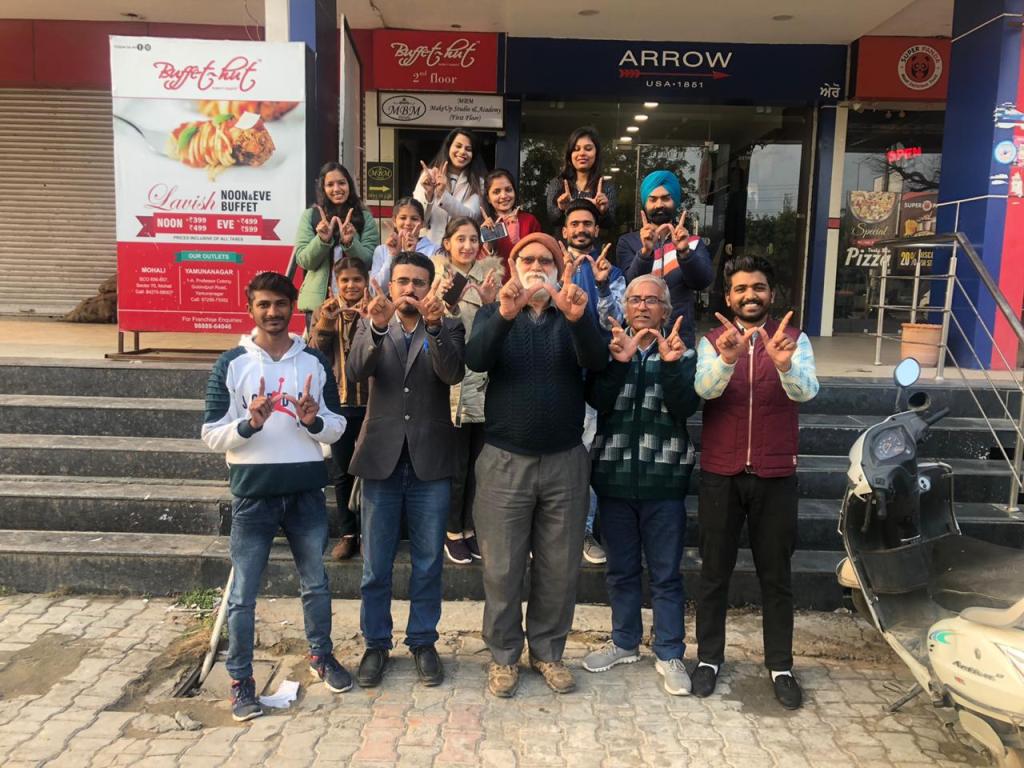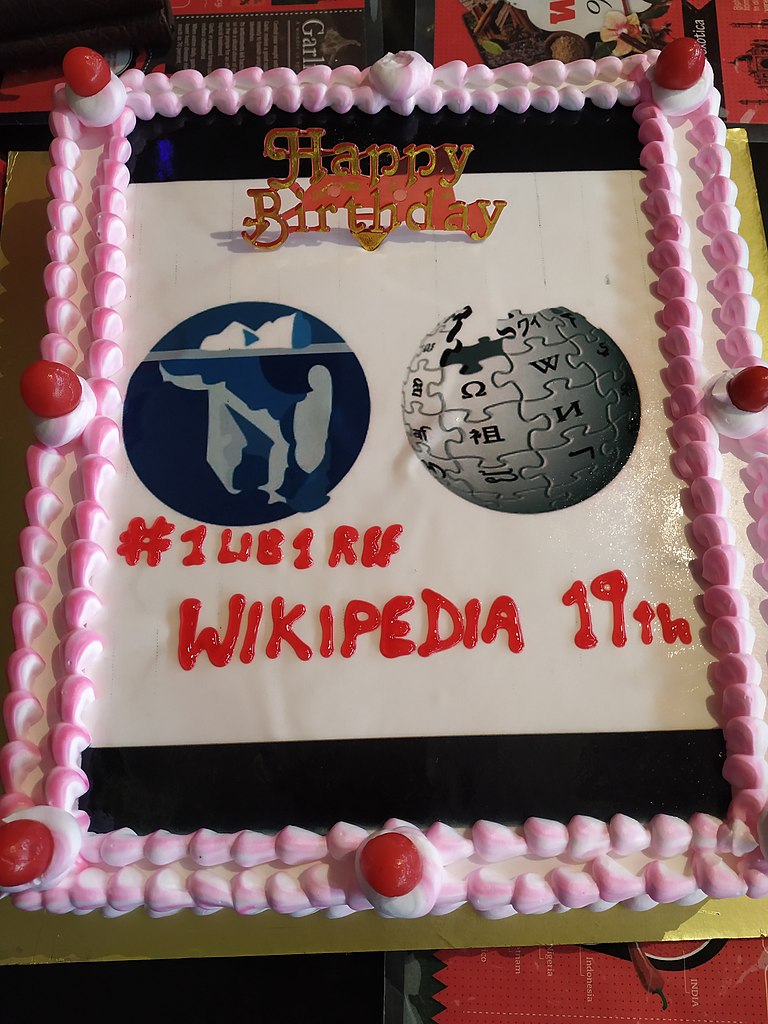
Have you ever stumbled onto a “Citation needed” tag on Wikipedia? It is one of the most commonly used tags on Wikipedia, highlighting that the tagged content might not be verified. And for communities in the Global South, citation needed statements remind us how important it is to integrate non-digital sources from local cultural heritage and indigenous knowledge systems into Wikipedia.
Citations enrich and strengthen Wikipedia, building trust in its information. However because of the inaccessible nature of some publications, sometimes critical citations don’t end up on Wikipedia. Due to the complex nature of copyright law, sometimes such publications are either not republished due to lack of interest by publishers, transferred to an estate who has no interest to republish, only have a few copies left in very few libraries which are not digitally accessible, or have lost their copyright protection without being noticed.
Without such rare knowledge captured into formats that are usable online, digital platforms like Wikipedia may not be able to take advantage of their ability to verify a fact for its millions of readers. In light of these issues, Wikimedia communities have adopted the strategy to digitise some of these rare publications to be uploaded on Wikisource for further use on Wikipedia as references to bridge the current citation needed gaps.
Digitisation initiatives are a central part of how these communities do GLAM (Galleries, Libraries, Archives and Museum) initiatives. The Punjabi Wikimedia Community has been gathering some of these knowledge sources on the internet through a project dubbed Heritage GLAM. The project has, since inception, supported the upload of over 200 works of first editions, manuscripts, and lexicography works to Punjabi Wikisource. Once on Wikisource — a sister project to Wikipedia which is focused on creating a free library — they can be turned into e-book formats for anyone to access and download. For Wikipedia, though, there is an added benefit: with the works digitised they can be used for citations on academic research and encyclopaedic articles.
During this year’s #1lib1ref campaign, the Punjabi community focused on connecting these rare sources of knowledge from Wikisource to Wikipedia. Organising an online campaign and a workshop in Patiala, Punjab with the Punjabi Wikisource was one of the interesting twists on the traditional workshops of 1Lib1Ref. The difference is simple, as opposed to Librarians, Wikisourcers — the people who upload, transcribe and copy edit the pages on Wikisource — add references to Wikipedia articles.
“Imagine a world where every work on Wikisource amounts to one more reference on Wikipedia.”
This workshop aimed to teach the Wikisource community members how they can use e-books from Wikisource to add valid sources of references to Wikipedia through its native sources digitised in local languages. The campaign that ran from 15 January to 5 February, 2020 in Punjabi Wikipedia and Wikisource improved 36 articles with 54 new citations from Wikisource index pages. This was an interesting pilot and a case study for the community to understand how we can bring in sources of local knowledge that are not readily available or can’t be found online to a large digital space like Wikipedia.
The current prevalent issues in most emerging communities is lack of online sources for curating articles or research work. We don’t have the privilege to think about local Wikipedia articles unless we have our own sources for citations. Wikisource is helping us do that and campaigns such as #1Lib1Ref are the perfect catalysts for utilising these rich sources of local knowledge from Wikisource which can allow us to create Wikipedia articles in local languages and enrich them with reliable citations. Currently, this work is done manually but it can be useful if there is a tool created to find references from Wikisource to Wikipedia.
For instance, this campaign cited bibliographical information on the Wikipedia articles of Punjabi authors which is helpful since many of the authors from Punjab and their works did not have any credible sources on the internet. Another great example of how Wikisource citations were used in the 1Lib1Ref campaign were the references from Mahan Kosh, which is the famous lexicography work and encyclopaedia for Punjabi Sikh literature containing more than 70,000 words. This is groundbreaking work for us to add citations to topics in Wikipedia which otherwise contain no other citations.
The hope is to see the 1lib1ref campaign expanded and running actively among the Wikisource community in different languages to enable knowledge from digitised materials to be sourced in the encyclopaedias articles.
By Rupika Sharma and FNartey (WMF) (Reposted from The Wikipedia Library on Medium)

Can you help us translate this article?
In order for this article to reach as many people as possible we would like your help. Can you translate this article to get the message out?
Start translation
